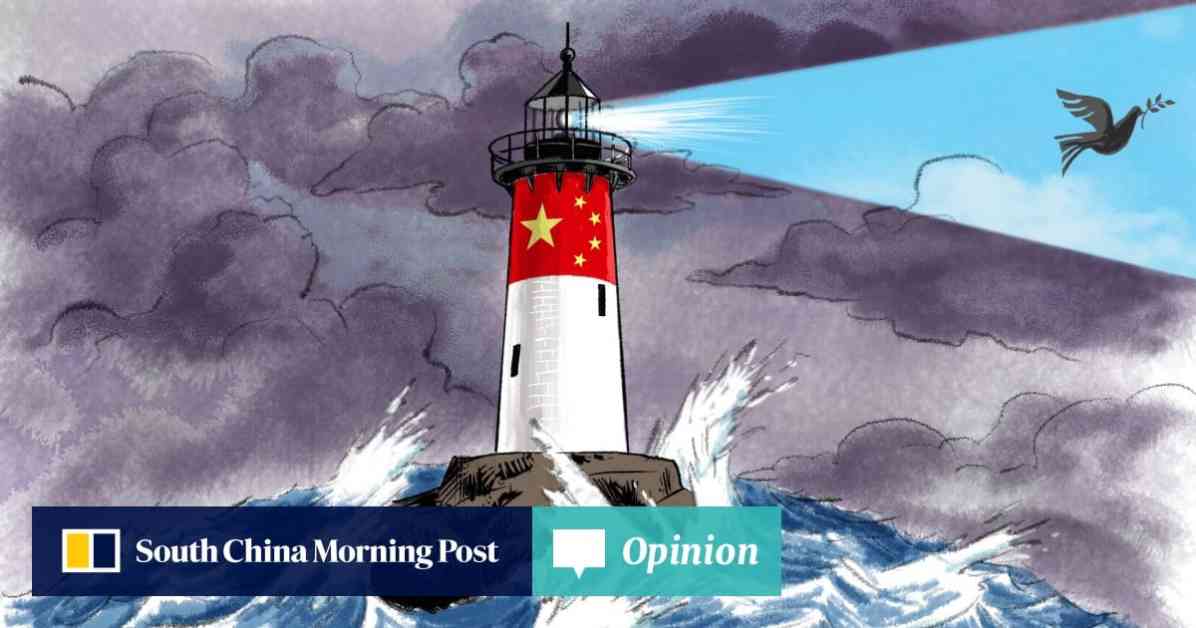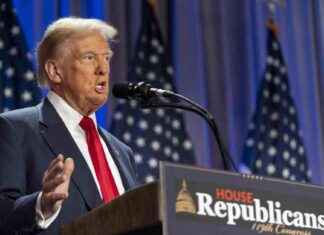China’s Growing Influence in a Shifting Global Landscape
The latest Munich Security Report, titled “Multipolarisation,” marks a significant shift in the geopolitical order. Following previous reports such as “Turning the Tide – Unlearning Helplessness,” “Re: vision,” and “Lose-Lose?,” this year’s tome signals the end of the unipolar era. As I, the lone Chinese speaker at the conference’s kick-off event, observed, the composition of delegates at the Munich Security Conference this year reflects a rising multipolarity, with a notable increase in attendees from the Global South.
As the agenda of US President Donald Trump unfolds, many conference participants see China as a stabilizing force in the face of global challenges. This perception aligns with China’s potential role as a counterweight in an increasingly complex and interconnected world. The thematic progression of the conference over the past few years mirrors a broader transformation in international relations. From discussions on “collective helplessness” to “lose-lose dynamics,” this year’s focus on multipolarisation underscores the reality of a world with shifting power dynamics, accelerated by the policies of the Trump administration.
The Impact of Trump’s Policies on Global Trade and Security
Throughout the conference, the specter of Trump’s tariff threats and his emphasis on deal-making loomed large, casting a shadow over discussions on trade and security. Delegates grappled with the potential implications of the United States’ aggressive trade agenda and its broader impact on global stability. The uncertainty created by Trump’s approach has forced many countries, including China, to reconsider their strategies and alliances in response to the evolving geopolitical landscape.
Chinese Foreign Minister Wang Yi’s Call for Multilateralism
Amidst the backdrop of growing uncertainty, Chinese Foreign Minister Wang Yi’s call for multilateralism resonated strongly with conference participants. His vision of an “equal and orderly multipolar world” offered a compelling alternative to the prevailing narrative of power politics and unilateralism. By emphasizing cooperation over confrontation, Wang Yi’s remarks highlighted China’s commitment to promoting stability and dialogue in international relations. His critique of protectionism further underscored China’s willingness to engage with the global community on the basis of mutual respect and shared prosperity.
Looking Ahead: China’s Evolving Role in a Multipolar World
As the global order continues to shift towards multipolarity, China’s influence and responsibilities on the world stage are set to expand. The country’s growing economic and political clout make it a key player in shaping the future of international relations. In navigating the complexities of a multipolar world, China will need to balance its own interests with the broader goals of global stability and cooperation. As the Munich Security Conference concluded, the discussions and debates surrounding China’s role in a multipolar world serve as a testament to the evolving dynamics of global politics and the need for continued dialogue and collaboration among nations.
In conclusion, China’s emergence as a stabilizing force in a multipolar world represents a significant development in international relations. As the global landscape continues to evolve, the role of China and other major powers will be crucial in shaping the future of global governance and security. By engaging in constructive dialogue and cooperation, countries can work together to address shared challenges and build a more stable and prosperous world for future generations.



























